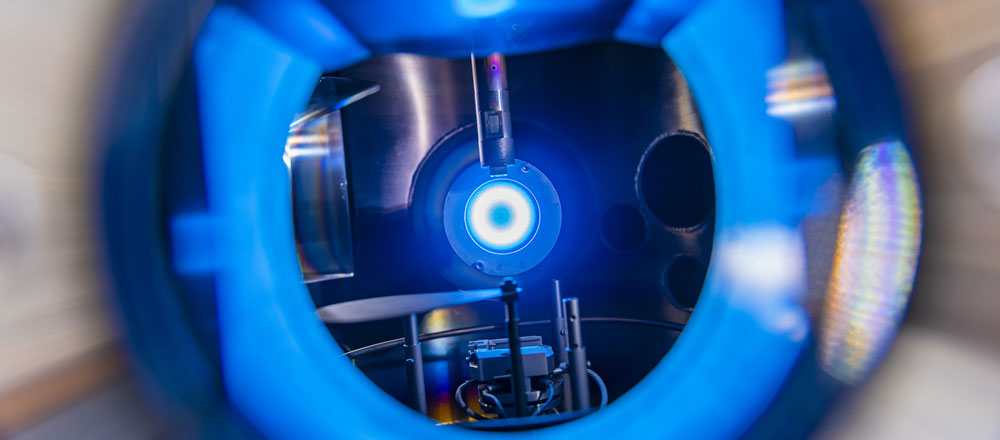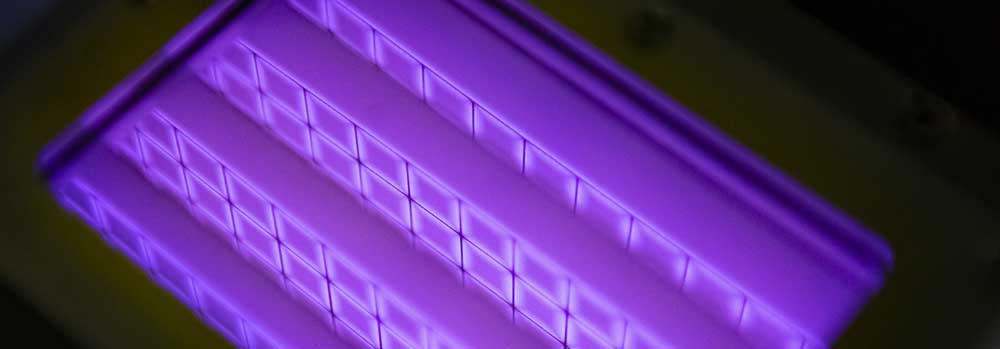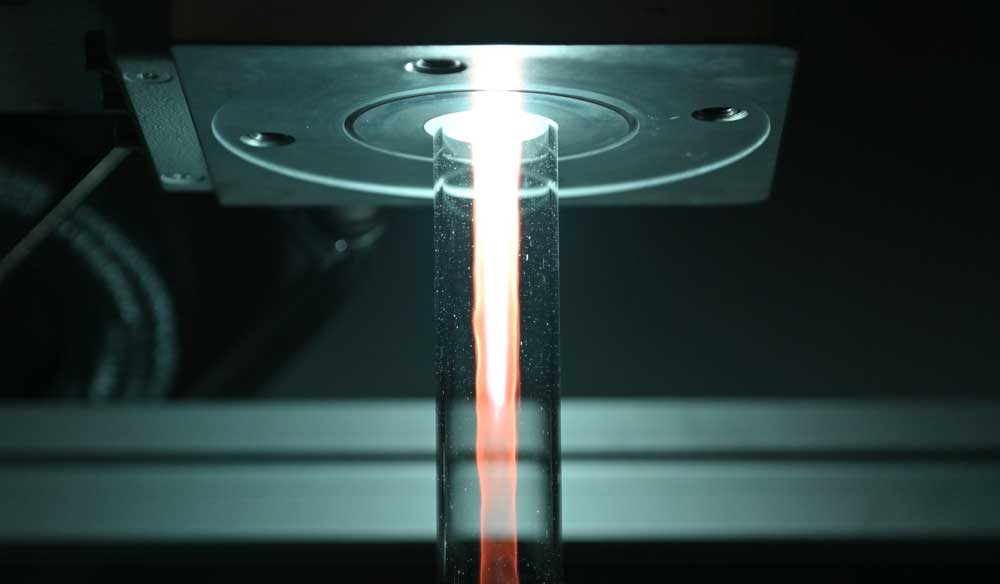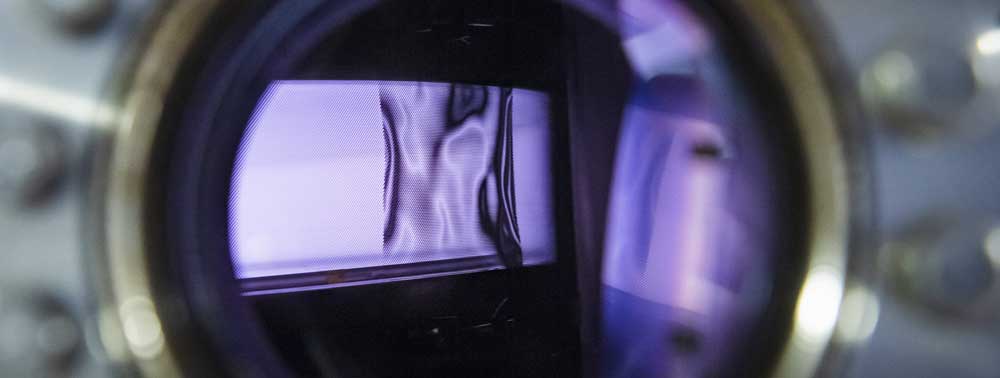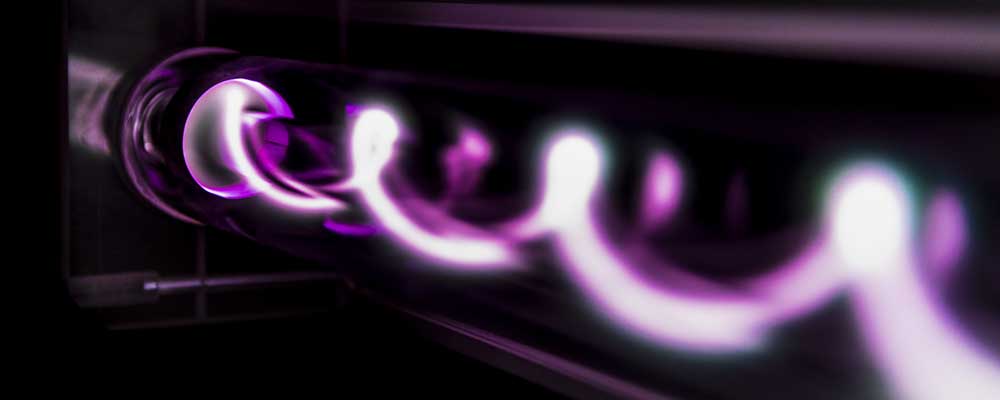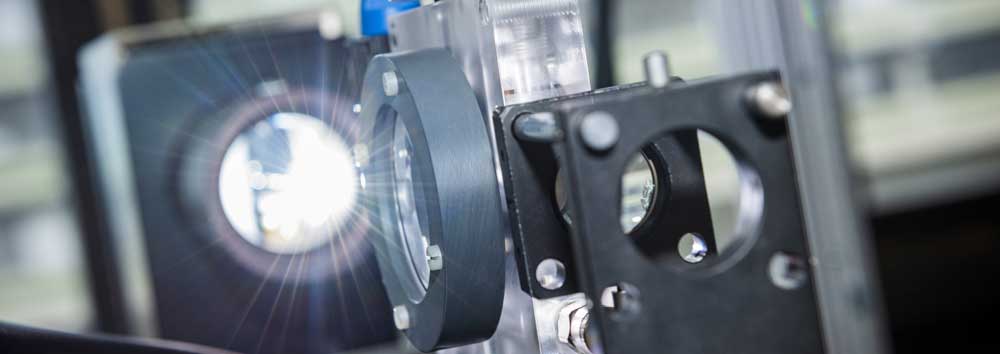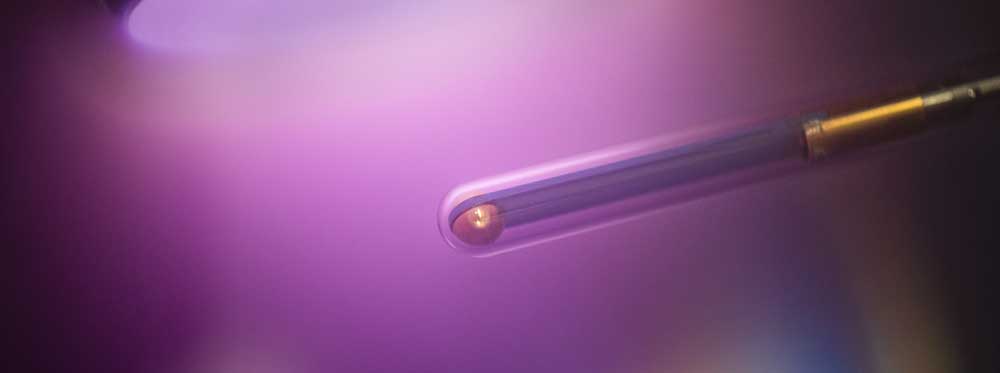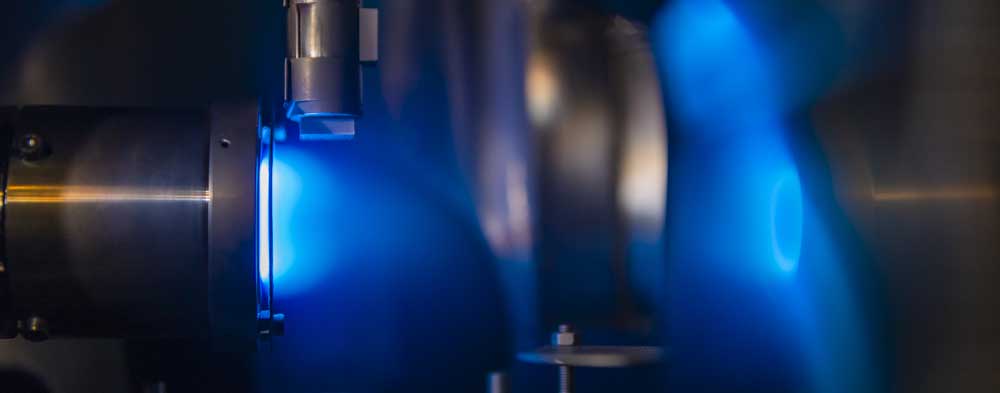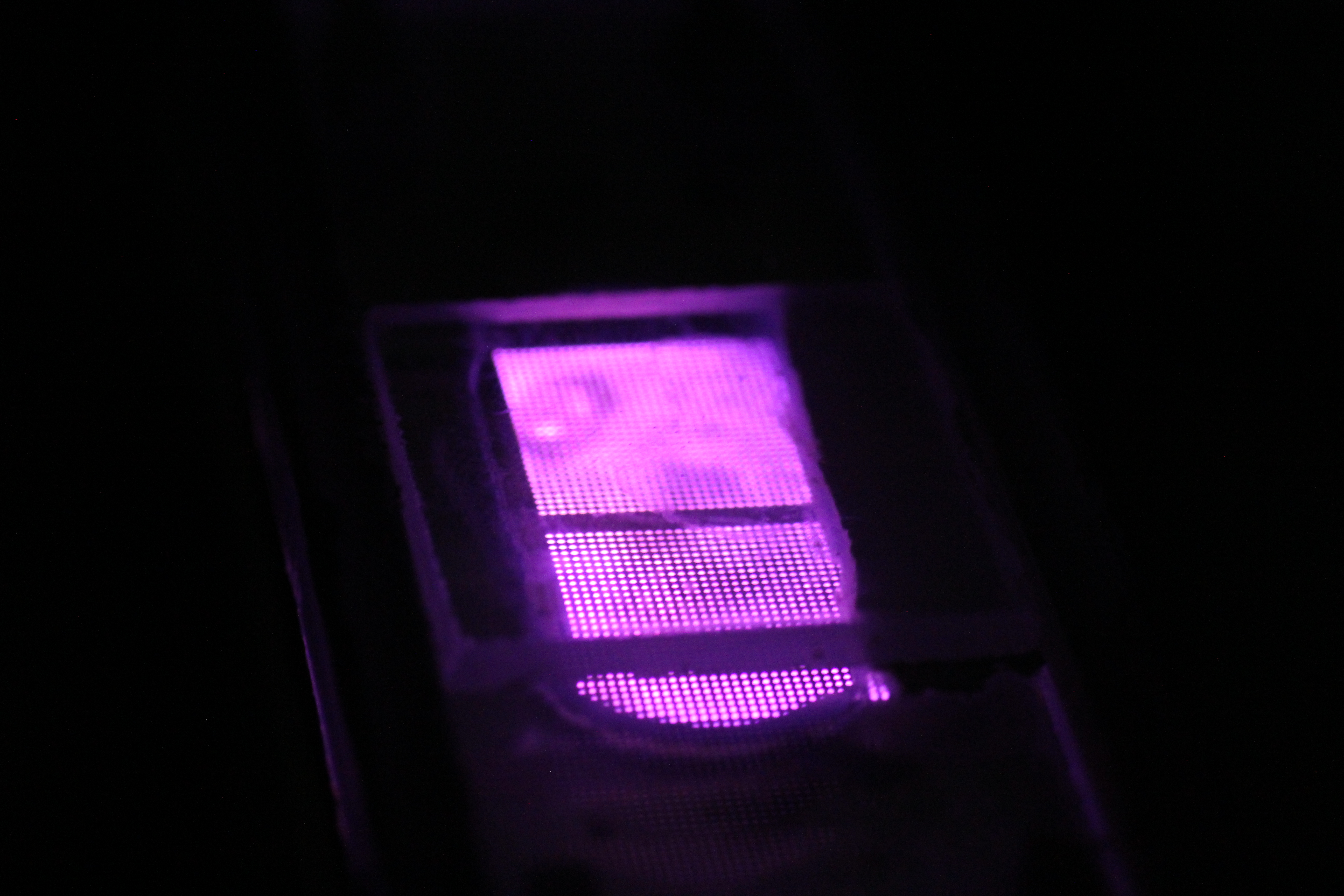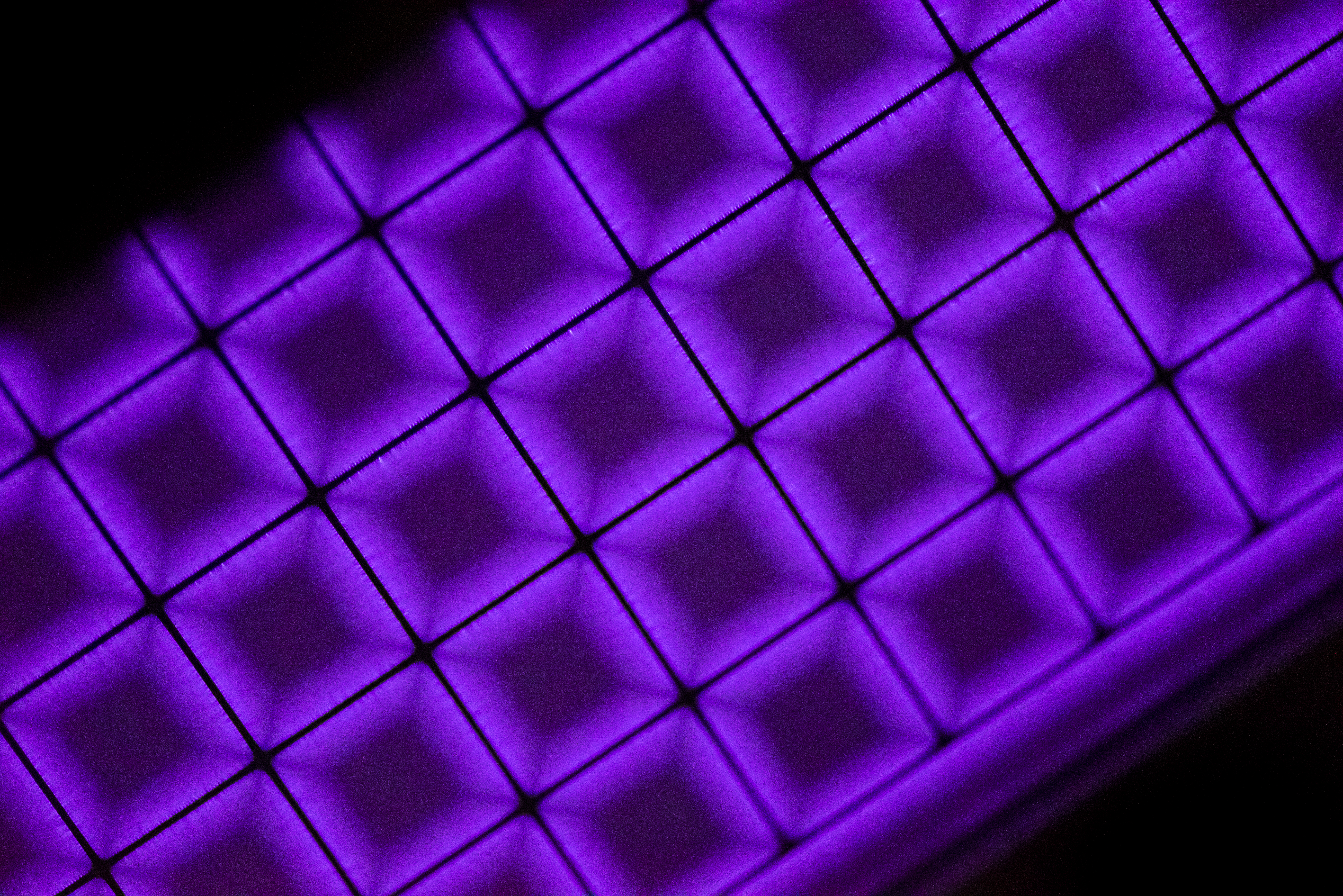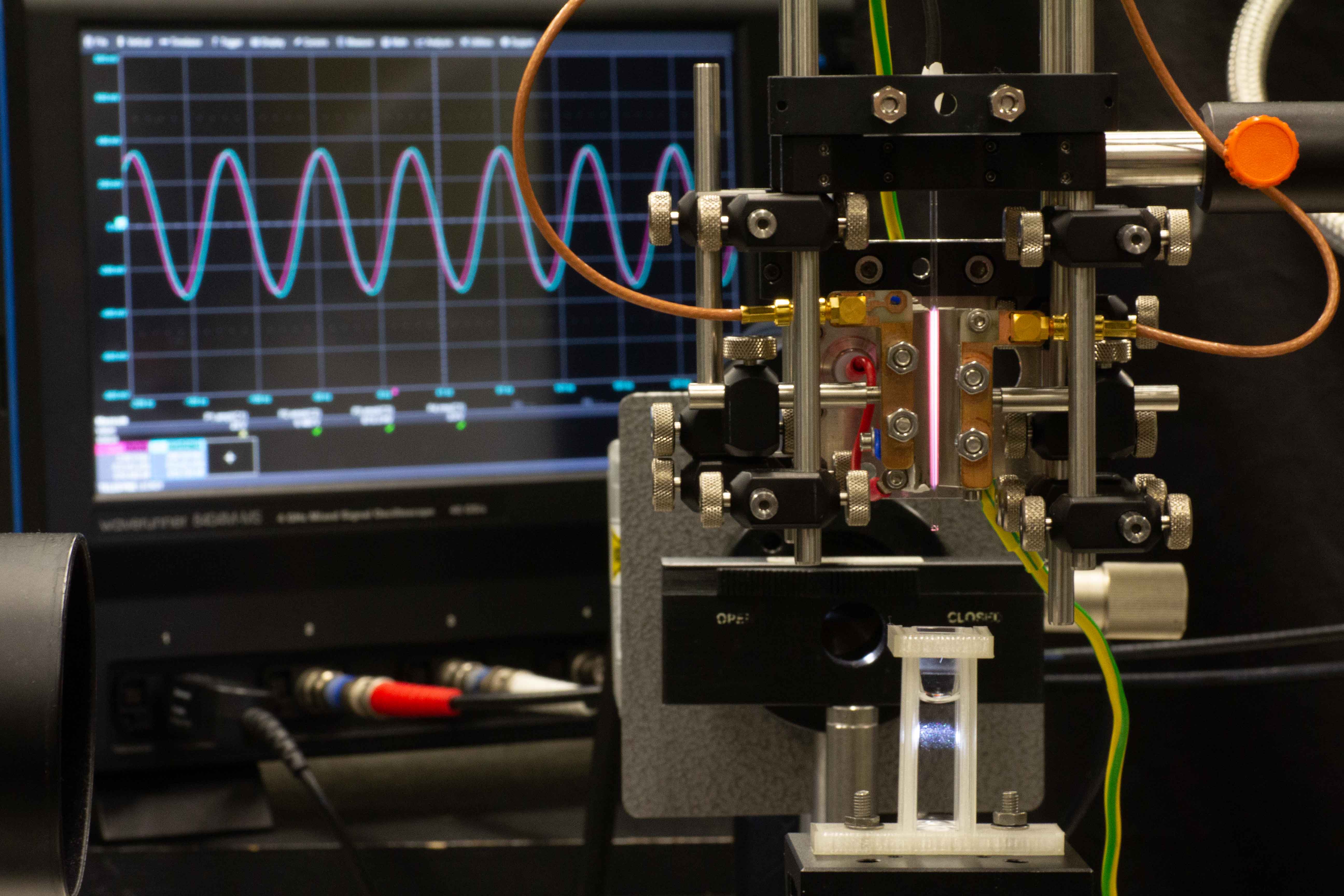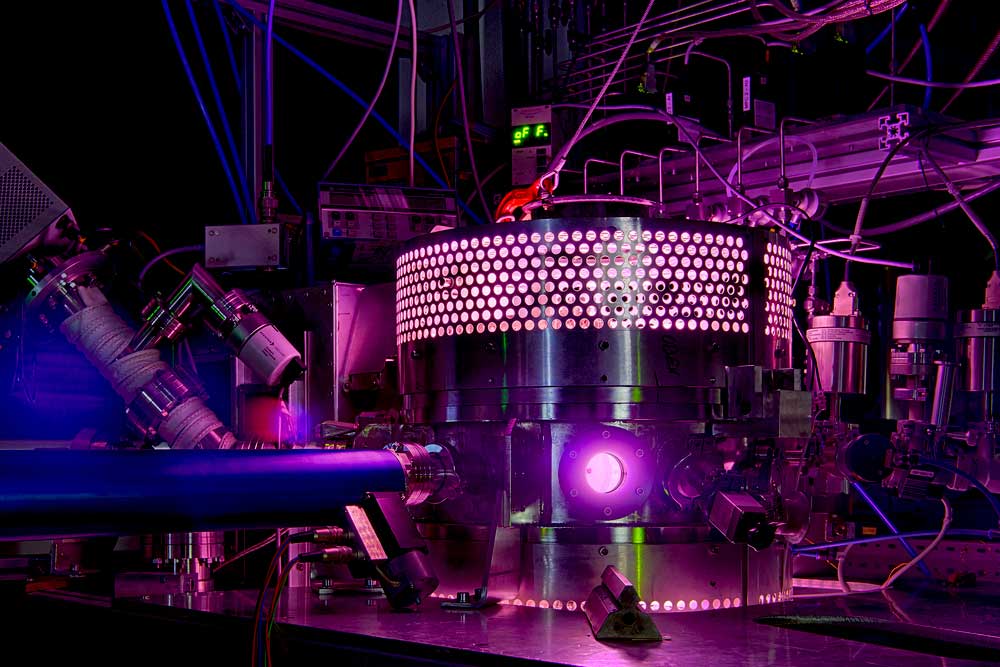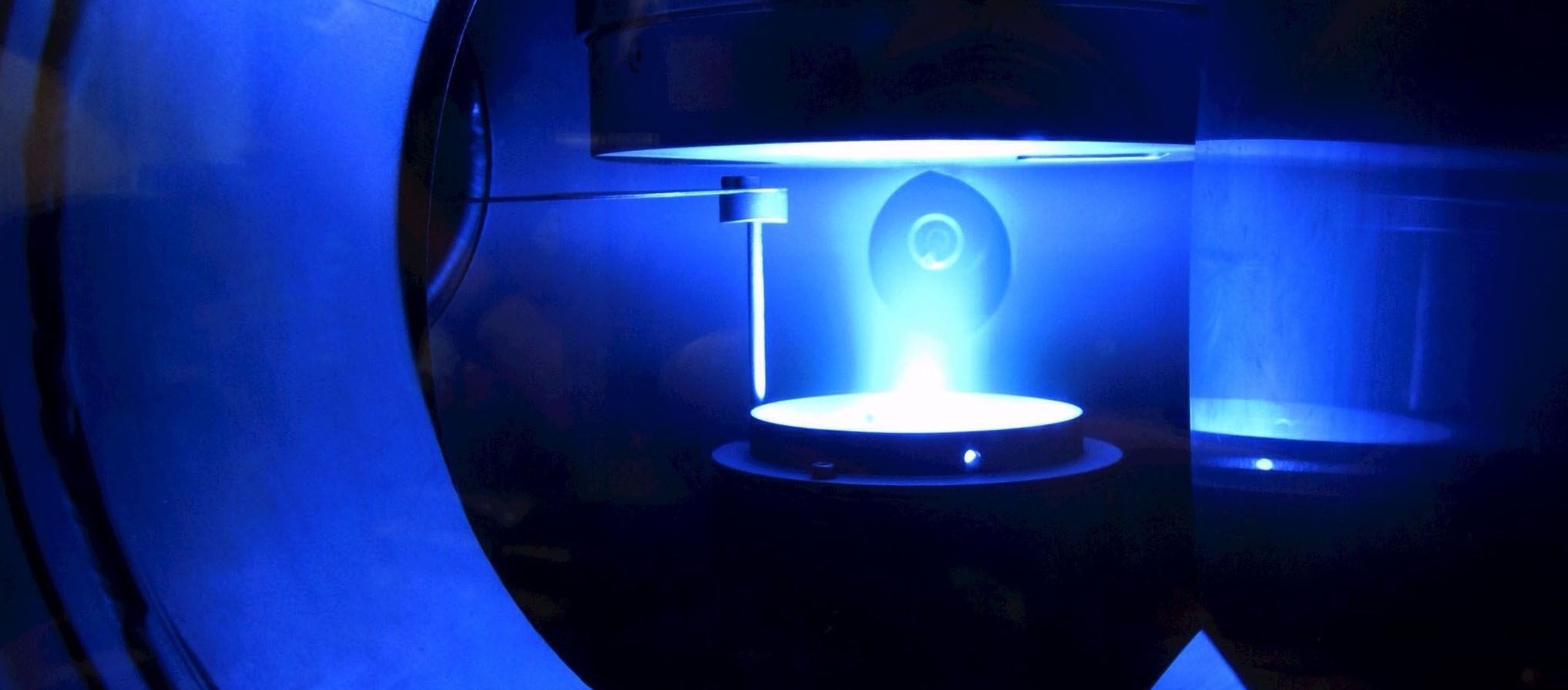TET
PROFESSOR ISMAIL RAFATOV
Assoc. Professor Ismail Rafatov from the Physics department of METU visited TET on 11 March 2015. He presented detailed seminars on the three different topics of his expertise: (1) Overview of the main modelling approaches (kinetic/particle, hybrid, and fluid) for gas discharge plasmas, (2) Modelling in COMSOL Multiphysics: "Equation based" model vs. COMSOL Plasma Module and (3) Chaos and pattern formation in low-temperature plasmas. In the seminars the basic modelling approaches for the gas discharge plasmas were outlined. Finally, a detailed analysis of spatial and temporal pattern formation in a dc driven "barrier" discharge system was presented. In the case of purely temporal oscillations, a transition of the system to chaos through period doubling bifurcations cascade could be identified. Beyond the initial transient regime, numerical solutions reproduced the Hopf or Turing-Hopf instability of the homogeneous stationary state. The agreement between 1d, 2d, and 3d numerical simulations and a linear stability analysis (within its range of validity) were also demonstrated. The visit was sponsored by the German Research Foundation in the frame of the transregional collaborative research centre TRR-87.
